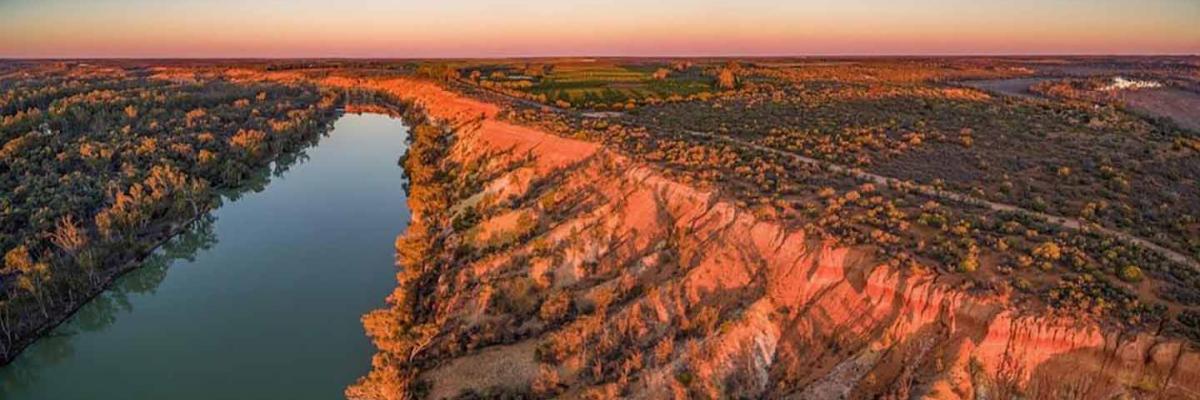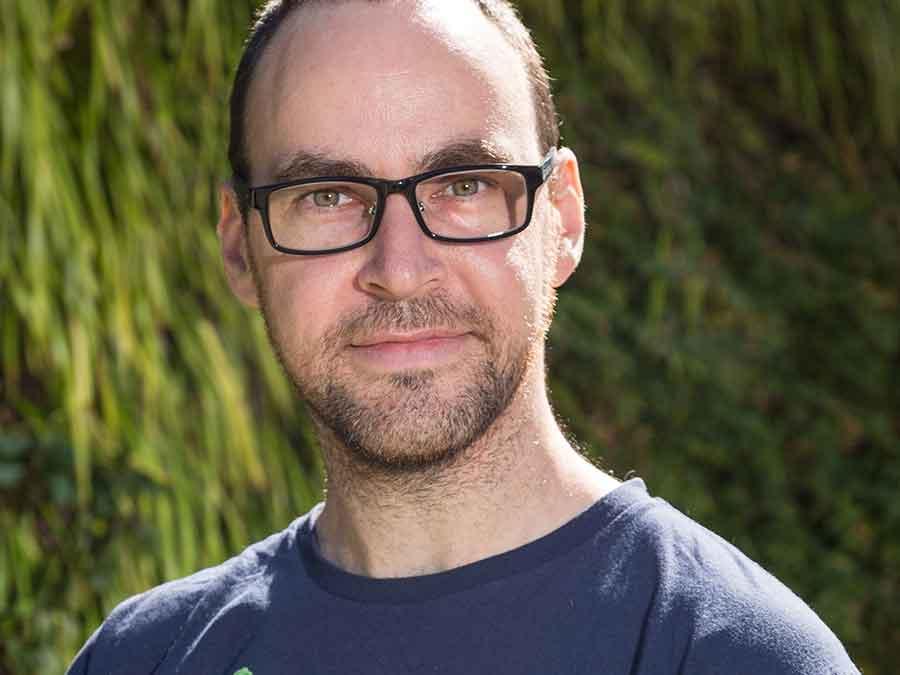Murray-Darling Basin
The Water Research Centre is part of The University of Adelaide – the ‘Group of 8’ university nearest to the River Murray portion of the Basin. Our researchers are the go-to experts on many of the Basin’s water systems and management issues.

About the Basin
The Murray-Darling Basin is Australia’s largest and most complex Australian water resource system. It crosses several state borders and culminates in the Ramsar-listed Coorong and Lakes Alexandrina and Albert (the Lower Lakes) in South Australia. There are 26 man-made locks, weirs and barrages along the River Murray.
The basin supplies water to produce food and wine, to support mining, mineral processing and many other industries, and to provide for communities and the natural environment. Find out more at the Murray-Darling Basin Authority.
-
Our expertise
- Policy advice about the management of the River Murray, Coorong and Lower Lakes
- Hydrology, water resources engineering, systems engineering
- Climate variability and change
- Water and soil quality
- Ecological assessment
- Landscape-scale management, such as stream restoration as a non-farm management practice, leaching and run-off, and carbon sequestration co-benefits
- Spatial assessment and monitoring, including using remote sensing to track river flows
- Water economics: understanding water as a financial asset in contested basins. We answer questions like what is the price of water, can we afford it, and is there enough to go around?
- Water allocation, reallocation, markets and trading
-
Research areas
- Contested and complex basins: Water management, water resources engineering, water allocation, economics, water trading
- River Murray: Infrastructure, weirs, barrages, outflows, water levels, wetlands, water quality, ecology
- Coorong and Lower Lakes: Water quality, hydrology, ecology, fisheries management, environmental restoration
-
Highlighted researchers
Associate Professor Luke Mosley
Associate Professor Luke Mosley is manager of the Water Research Centre, and leads a biogeochemistry research group in the School of Biological Sciences. He has 17 years’ experience leading complex scientific assessments of the River Murray, Coorong, and Lower Lakes. His particular focus has been on the water quality impacts arising from hydrological drought and acid sulfate soil exposure.
Professor Sarah Wheeler
Professor Sarah Wheeler is the Associate Director of Research with the Centre for Global Food and Resources at the University of Adelaide. She is primarily a water economist working on issues of reallocation in the Murray-Darling Basin and water markets. Her expertise includes irrigated farming, climate change, organic farming, water markets, water scarcity and mental health.
Professor Seth Westra
Professor Seth Westra is director of the Water Research Centre, and leads the Agriculture, Food and Water theme in the Faculty of Engineering, Computer and Mathematical Sciences. He develops tools for understanding risk and the resilience of water resource systems. He also leads research programs in large initiatives, like the One Basin CRC proposal and MDBA Water and Environment Research Program tender.
Associate Professor John Tibby
Associate Professor John Tibby is at the School of Social Sciences, and is head of Geography, Environment and Population. He has deeply analysed the environmental history, including the natural salinity regime of the Coorong and the Lower Lakes, and the natural flow history of the River Murray, and the natural frequency of droughts in Australia.

Dr Stacey Priestley
Dr Stacey Priestley is a postdoctoral researcher at the School of Physical Sciences. Her specialty is using environmental tracers to investigate hydrological systems. Her overall goal is to help address problems in water resource sustainability and environmental change.

Dr Kenneth Clarke
Dr Kenneth Clarke is an academic at the School of Biological Sciences. He is skilled at translating remote sensing research into information we can use to better manage environmental systems.
Case studies
Healthy Coorong, healthy basin
During the extended drought early this century, the Coorong wetland system was teetering on the verge of environmental collapse.
Our team helped to create the Healthy Coorong, Healthy Basin Action Plan, which is helping to restore the Coorong to its natural state of healthy vegetation and abundant and diverse waterbirds, fish and plants.
Now, along with the Goyder Institute, we are addressing scientific knowledge gaps about nutrient loads, adaption pathways under climate change, water resource optimisation, and more.
ONE Basin CRC proposal
The ONE Basin CRC bid team proposes developing policy, technical and financial solutions to support Basin communities. The goal is to reduce the communities’ exposure to climate, water and environmental threats.
Our team is playing a very large role in the proposal, including leading one of the three research programs –the Water Solutions Program –and helping to put forward a compelling case to the Australian Government for funding.


